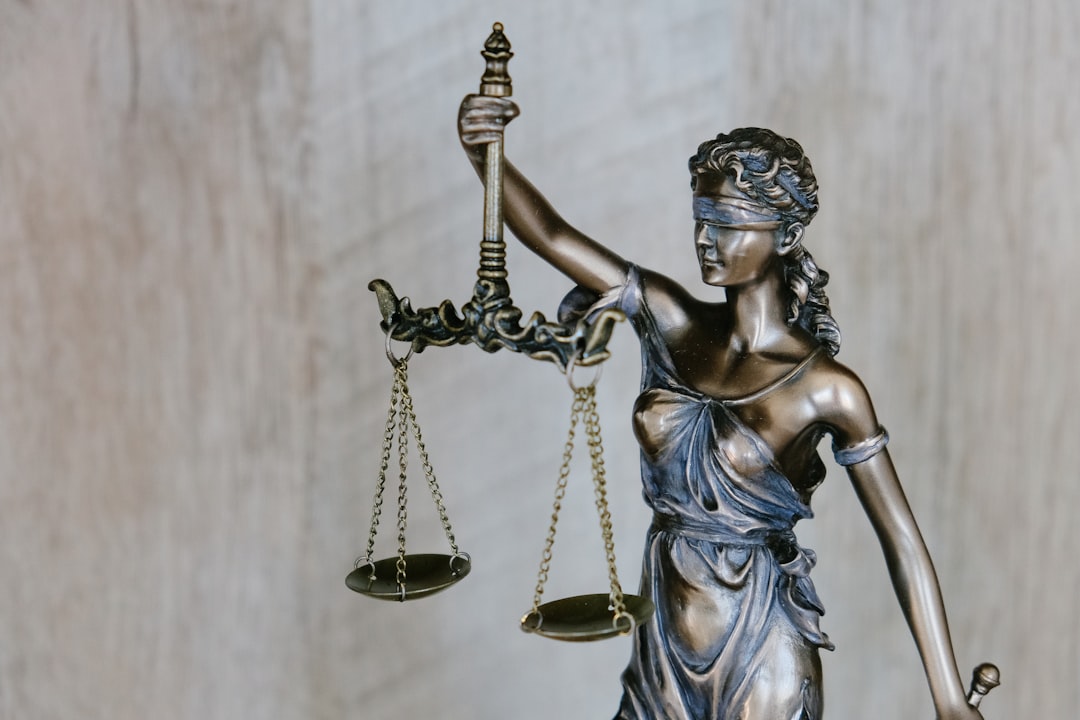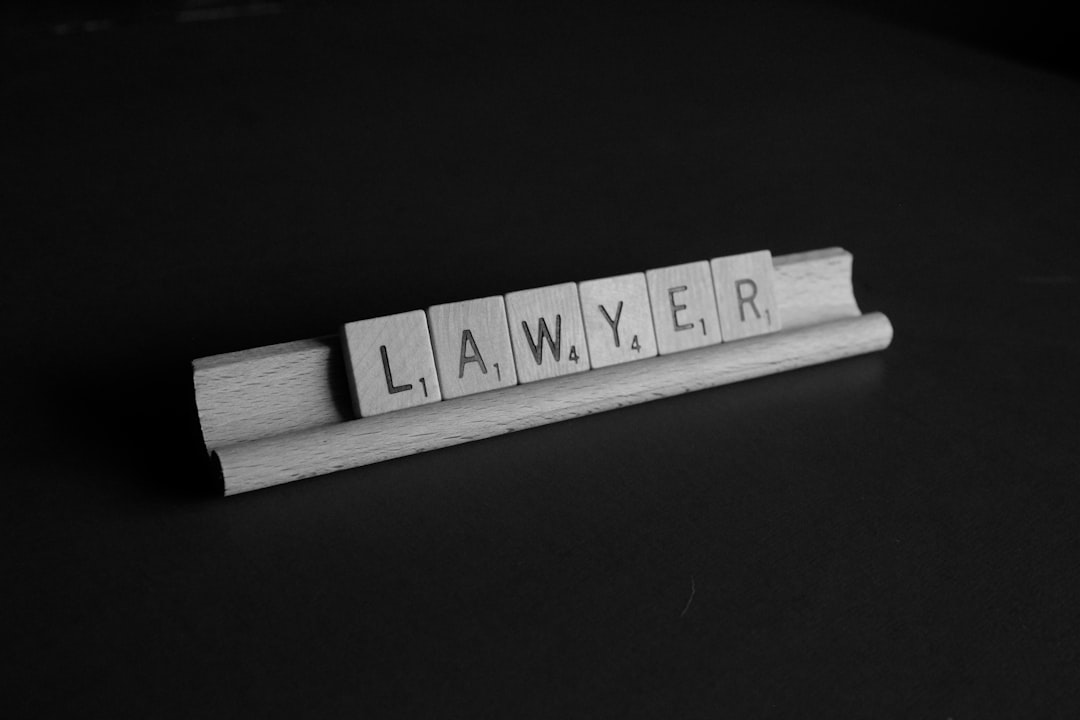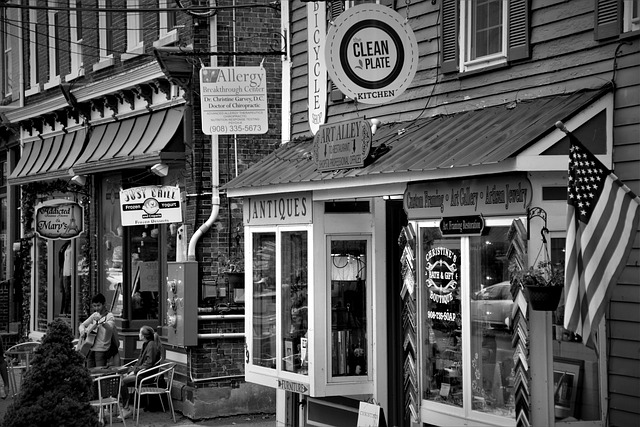Sexual abuse attorneys in Newark, NJ, tackle victim-blaming, a significant obstacle in legal proceedings for survivors of sexual assault. They combat this issue through strategic representation, educating judges and juries on psychological impacts, challenging defensive narratives, and collaborating with community organizations to provide holistic support. Their efforts aim to create a fair, supportive system, encouraging survivors to come forward and ensuring justice while addressing long-term healing needs.
In Newark, as across many legal systems, victim-blaming attitudes persistently undermine sexual abuse cases. This article delves into the pervasive problem of blaming survivors, its devastating effects on case outcomes, and the crucial role played by sexual abuse attorneys in challenging these perceptions. We explore effective legal strategies and emphasize the importance of building a supportive system through community organization collaboration. Ultimately, we advocate for systemic changes in Newark courts to ensure justice and accountability for all survivors.
Understanding the Problem: Uncovering the Prevalence of Victim Blaming in Legal Proceedings

In the complex landscape of legal proceedings, particularly in cases involving sensitive issues like sexual abuse, a pervasive and detrimental attitude often emerges: victim-blaming. This phenomenon, where the responsibility for the crime is placed on the survivor instead of the perpetrator, can have profound impacts on justice and healing. In Newark courts, as in many legal systems, the issue is not insignificant, especially with cases handled by sexual abuse attorneys Newark NJ.
The consequences of victim-blaming are severe, often deterring survivors from coming forward and seeking justice. It can lead to reduced sentences for offenders and create an environment where abusers face fewer repercussions for their actions. Understanding this problem requires recognizing the subtle ways in which blame is shifted—from acknowledging the harm caused by the perpetrator to questioning the survivor’s character or choices. This pervasive attitude demands attention and challenges from legal professionals, advocates, and the community at large to ensure a fair and supportive system for all victims.
The Impact on Survivors: How Victim-Blaming Attitudes Affect Sexual Abuse Cases in Newark

Victim-blaming attitudes can have a profound impact on survivors of sexual abuse, creating an additional layer of trauma and hindering their journey towards justice. In Newark courts, these attitudes often manifest as assumptions about consent or doubt regarding the credibility of survivors, particularly in cases where there are no witnesses or physical evidence. This can lead to unfair outcomes, causing survivors immense emotional distress and potentially deterring them from reporting such crimes.
Sexual abuse attorneys in Newark NJ play a crucial role in challenging these victim-blaming attitudes by presenting robust legal arguments that protect survivors’ rights and uphold the importance of their testimonies. They work diligently to educate judges and juries about the psychological impact of sexual assault, ensuring that survivors are supported throughout the legal process. Such efforts are vital to fostering an environment where survivors feel safe to come forward and seek justice for their experiences.
Legal Strategies: What Role Do Sexual Abuse Attorneys Play in Challenging These Perceptions?

In the fight against victim-blaming attitudes, sexual abuse attorneys in Newark, NJ play a pivotal role. They employ various legal strategies to challenge these harmful perceptions and ensure justice for victims. By presenting compelling evidence and leveraging expert testimony, these attorneys can counter defensive narratives that often blame survivors.
Through meticulous case preparation, sexual abuse attorneys in Newark NJ build strong arguments based on facts and legal precedents. They educate both the court and the public about the complexities of sexual assault cases, emphasizing the importance of victim credibility. Their efforts contribute to a more nuanced understanding of survivor experiences, thereby reducing blame and fostering an environment where victims feel heard and supported.
Building a Supportive System: Collaborating with Community Organizations to Empower Survivors

Building a supportive system is an integral part of empowering survivors and challenging victim-blaming attitudes in Newark courts. By collaborating with community organizations, legal professionals can create a network that provides holistic assistance to individuals who have experienced sexual abuse. These partnerships can offer crucial resources, such as counseling services, safe housing options, and legal aid tailored to the unique needs of survivors.
Sexual abuse attorneys in Newark NJ play a vital role in this process by advocating for survivor-centered practices. They work closely with community organizations to ensure that survivors have access to not only justice but also long-term support. Through these collaborations, they can help break down barriers and create an environment where survivors feel safe and empowered to come forward and share their stories.
Moving Forward: Implementing Changes to Ensure Justice and Accountability in Newark Courts

Moving forward, it’s imperative that Newark courts take proactive steps to dismantle victim-blaming attitudes and foster an environment that prioritizes justice and accountability. This involves implementing systemic changes that empower survivors of sexual abuse, ensuring their voices are heard without fear of judgment or recrimination.
Sexual abuse attorneys in Newark NJ play a crucial role in this process, advocating for policies that promote best practices in handling sensitive cases. By encouraging open dialogue, providing adequate resources for victim support, and educating both legal professionals and the community on the complexities of sexual assault, these efforts can contribute to a more just and equitable justice system. Ultimately, these changes are essential steps towards healing and rebuilding trust within the court system.





